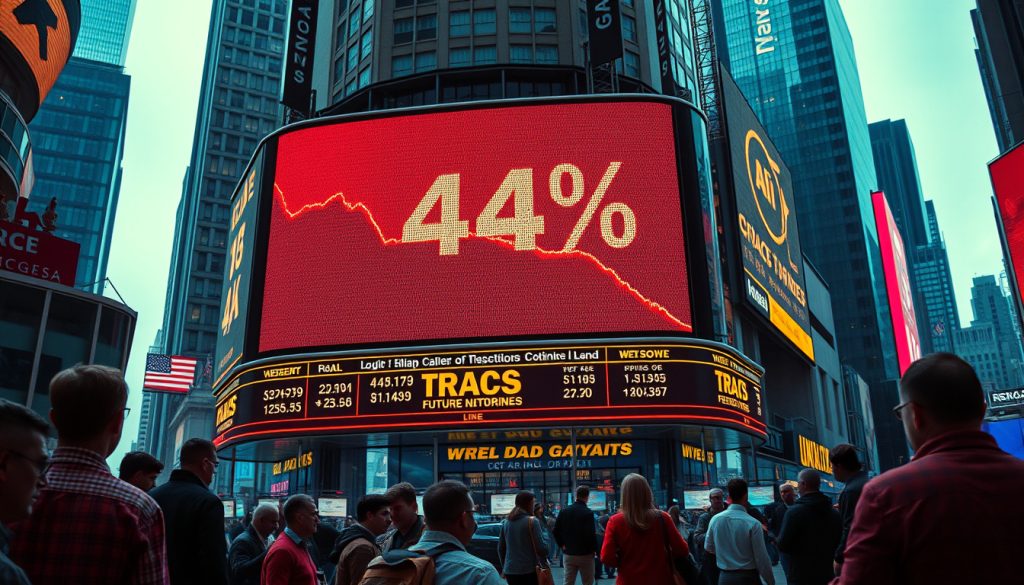In a striking development, the FDA and CDC have announced the suspension of Valneva’s chikungunya vaccine, Ixchiq, for individuals aged 60 and above due to growing safety concerns.
This significant decision aligns with recent actions taken by the European Medicines Agency (EMA), which restricted Ixchiq’s use for those over 65 amid investigations into serious adverse events linked to the vaccine.
Notably, reports indicate 17 serious incidents, including two fatalities, primarily in adults aged 62 to 89 with pre-existing health conditions.
Despite these alarming findings and a suspension for older demographics, both the FDA and CDC continue to endorse the vaccine for adults aged 18 to
60.
The EMA has also approved its usage for ages 12 to
64.
Originally approved in November 2023, the Ixchiq vaccine aims to combat chikungunya—a mosquito-borne disease notorious for its debilitating joint pain and health complications, especially in vulnerable populations.
Valneva’s proactive response, including its collaboration with health authorities to reassess safety data, underscores the ongoing scrutiny regarding vaccine monitoring processes under new leadership at the FDA and HHS.
This article delves into the safety concerns surrounding Ixchiq, the regulatory actions taken, and the current recommendations for different age groups.

Key Takeaways
- The FDA and CDC have suspended the Ixchiq vaccine for individuals aged 60 and above due to safety concerns.
- Valneva’s vaccine remains recommended for adults aged 18 to 60, while the EMA has approved it for ages 12 to
64. - Recent scrutiny on vaccine safety monitoring has influenced the regulatory actions and delays of other vaccine candidates.
Safety Concerns and Regulatory Actions
In light of recent safety concerns regarding Valneva’s chikungunya vaccine, branded as Ixchiq, regulatory bodies in major health jurisdictions have taken significant actions to protect public health.
The U.S.
Food and Drug Administration (FDA) and the Centers for Disease Control and Prevention (CDC) have officially suspended its use for individuals aged 60 and older, following suit from the European Medicines Agency (EMA), which restricted the vaccine’s administration to those over
65.
This decision emerged as health authorities investigated reports of serious adverse events associated with the vaccine, including 17 significant incidents and two fatalities among recipients aged 62 to 89, many of whom had prior health conditions that might have contributed to these outcomes.
Despite the limitations placed on older adults, the FDA and CDC still recommend Ixchiq for those aged 18 to 60, while the EMA has extended approval for use to younger adults ages 12 to
64.
This strategic move reflects ongoing efforts to ensure that younger populations, who are generally more resilient and less likely to suffer severe outcomes from the disease, can still benefit from the vaccine’s protective effects against chikungunya.
This viral disease, transmitted by mosquitos, can lead to debilitating joint pain and other chronic health complications, particularly in at-risk groups such as the elderly and young children.
Valneva is actively collaborating with health authorities to further analyze the safety data associated with Ixchiq.
The company has expressed expectations for formal reviews of the reported safety incidents across all markets where the vaccine is currently available.
This suspension of the vaccine for older adults correlates with a broader trend of intensified scrutiny surrounding vaccine safety monitoring processes in the U.S., particularly since new leadership took the helm at the FDA and U.S.
Department of Health and Human Services (HHS).
This shift has resulted in notable delays in the regulatory progression of COVID-19 vaccine candidates from other manufacturers, including Novavax and Moderna.
In this evolving landscape, biotech executives must navigate the complexities of public health decisions while remaining vigilant about the implications of regulatory actions on their pipeline products.
Recommendations for Different Age Groups
For biotech executives, understanding the nuances of vaccine recommendations across different age groups is critical, especially in light of the recent safety concerns surrounding Valneva’s chikungunya vaccine, Ixchiq.
The FDA and CDC’s decision to suspend vaccination for individuals aged 60 and above highlights the importance of a tailored approach to immunization strategies based on demographic vulnerabilities.
Executives should pay particular attention to the demographic data surrounding who is most likely to be affected by adverse events.
The restriction placed on older adults is not simply an isolated incident but reflects a more extensive regulatory trend focused on safeguarding public health, particularly for populations with existing health conditions.
Furthermore, while the vaccine remains approved for younger demographics, including those aged 18 to 60 and from 12 to 64 under EMA guidelines, executives must remain aware of how these decisions can influence public perception and market dynamics.
Following these developments, it may become imperative for biotech leaders to engage in transparent communication regarding safety monitoring processes and the benefits of the vaccine for less vulnerable populations to maintain trust and ensure uptake among younger age cohorts.















